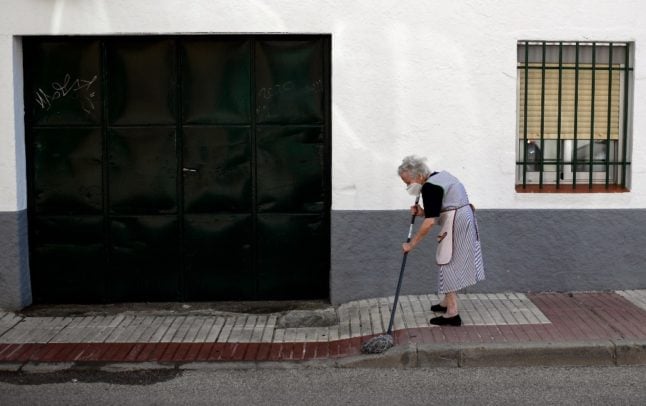Assuming the vaccines are approved and stocks are available, the Spanish government will begin vaccinating its 47 million population in January, with healthcare workers and other elderly people next in line.
Under terms of an ambitious plan presented to the cabinet on Tuesday, Spain is aiming to have a large part of the population immunised by mid-2021.
The plans were unveiled after several vaccine makers announced breakthroughs in the hunt for a treatment to halt a pandemic that has claimed nearly 1.4 million lives across the globe.
“In the first stage, we will focus on the most vulnerable, a group of around 2.5 million people,” Health Minister Salvador Illa told a news conference.
“It will be a free vaccine which will be administered through the national health system” and receiving it “will be voluntary”, he said.
Draft figures compiled by a working group of central and regional government officials and social actors suggest more than 20,000 people died in homes for the elderly and the disabled between March and June.
The figures, which were published by El Pais daily, include deaths among those who had tested positive and those showing symptoms compatible with Covid-19.
In some regions such as Madrid, investigators are looking into legal complaints about mismanagement in certain homes which have continued to suffer deaths in the second wave.
Illa said Spain would have enough doses of the vaccine to ensure the immunisation of its entire population in 2021.
Spain has been badly hit by the pandemic, suffering nearly 1.6 million confirmed infections — the EU's second highest number after France — and more than 43,000 deaths, although that figure only counts those who formally tested positive for Covid-19.
READ ALSO:



 Please whitelist us to continue reading.
Please whitelist us to continue reading.
Member comments